Alaa al-Din Ibn al-Nafis lived for eighty years, during which he witnessed a tremendous amount of horrific events and tragic circumstances: the Crusades, the horrific Seventh Crusade against Damietta and northern Egypt, the Mongol invasion and the fall of Baghdad at the hands of Hulagu; the power struggles between the last generation of Ayyubids and the first generation of Mamluk rulers; the Hisn al-Din Tha’lab Revolt; and the fierce clashes between Aqtai, Aybak, Qutuz, Baybars, and Qalawun.
Alaa ibn al-Nafis was close to all of this. He was the personal physician to al-Zahir Baybars and the chief physician of Egypt and the Levant. Despite the turbulent conditions of his time, he never stopped writing on medicine, thought, and the sciences of his time, leaving us thousands of pages. How did Ibn al-Nafis live, and what did he dictate to al-Waraq, who was forty years younger than him and lived forty years after him? This is what this novel tells.
Al-Waraq Amali Alaa
د.ا9.00
A historical philosophical novel that deals with the lives of booksellers and the stories of books and knowledge in a meditative context about reason, identity, and existence.
Available on backorder
| Author | |
|---|---|
| Year | |
| Publisher | Dar Al-Shorouk |
Customer Reviews
There are no reviews yet.
You may also like…
-
Diamond Picking Words from People’s Speech
د.ا6.00These are short intellectual reflections that plumb the depths of language and life through profound philosophical and humanistic insights.
-
Nour
د.ا7.00This philosophical novel explores the depths of the human psyche through its heroine’s journey in search of inner light and the existential meaning of life.
-
The Jurisprudence of Love
د.ا5.00A philosophical and mystical contemplation of the essence of love as a spiritual state that transcends love and delves into the essence of human existence.
-
Unknown Sufi Poets
د.ا6.00This book explores the manifestations of the Sufi spirit through poetic examples of voices that have remained faint in the memory of Islamic Sufism.

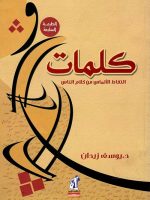
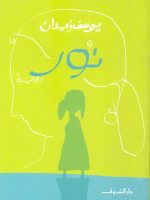

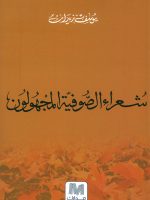





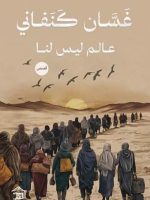
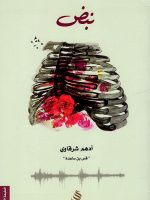
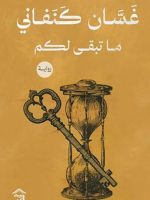
Be the first to review “Al-Waraq Amali Alaa”